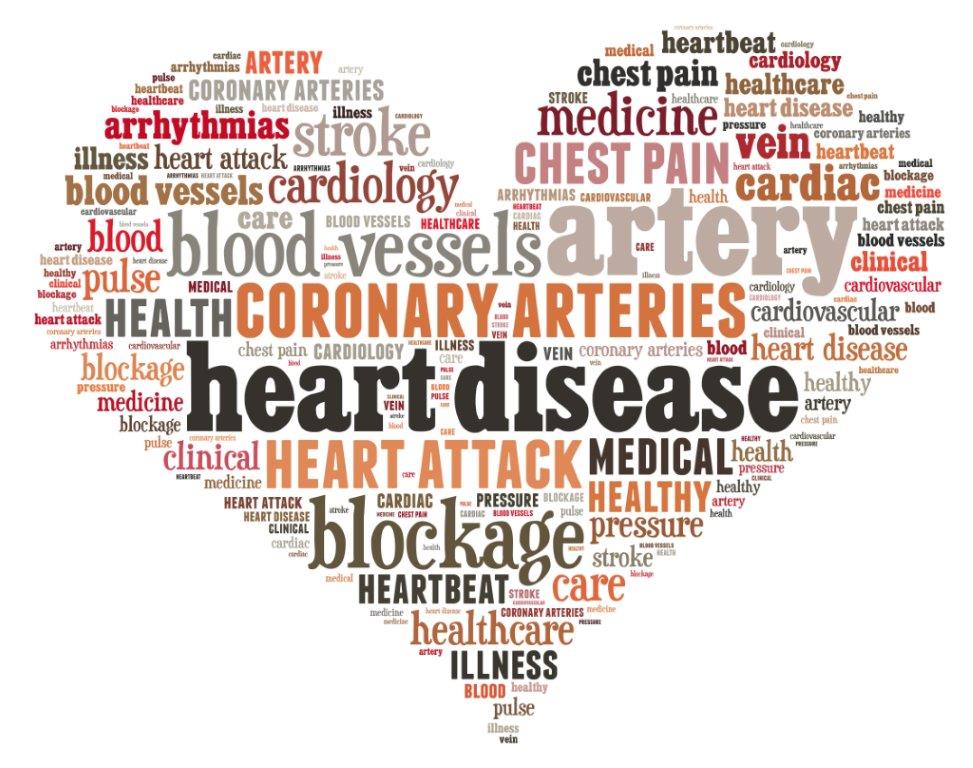Each February we celebrate both Black History Month and Heart Month. This is a great opportunity to reaffirm the importance of working together as a society that fights against avoidable deaths including premature heart disease. In African Americans, avoidable deaths from premature heart disease are especially common and death from all cardiovascular disease is 33% higher than in the general population. Ethnic minority populations face barriers to heart disease diagnosis and care, receive lower quality treatment, and experience worse health outcomes than the general population. This is not acceptable, and I would like to applaud and celebrate those individuals and organizations that are working hard to help understand and bridge the racial gap in heart disease.
There are so many terrific organizations and influential individuals that I could not possibly recognize them all, but here are some great examples of leadership in this important area.
- Surgeons General: The Surgeon General of the United States is appointed by the President to help lead public health efforts. Many of these influential physicians have dedicated effort toward bridging racial disparities in health, especially in the past 25 years. It is worth noting that there have been three African American Surgeons General in the past 25 years. David Satcher, MD, PhD was particularly influential in raising public awareness of the obesity epidemic, thanks to his highly publicized “Surgeon General’s Call to Action to Decrease and Prevent and Decrease Obesity” in 2001. https://www.ncbi.nlm.nih.gov/books/NBK44208/Obesity has hit the African American community especially hard, and is an important risk factor for heart disease
- African American Physicians and Scientists: There have been many noteworthy and influential African American physicians and scientists. Click here to view the list. Many of these individuals have been vocal about the importance of reducing racial disparities in health and healthcare. I would like to applaud the Association of Black Cardiologists, and their aim to help reduce disparity in cardiovascular disease deaths by 20% in the near future.
- Major Public Health Organizations: America’s major public health organizations are concerned about the need to bridge the racial gap in heart disease deaths (see above statistic).
- the Centers for Disease Control (CDC) has been raising awareness of the need to better understand the causes and actions that can help bridge
- Click here to view the, Neighborhood-Level Racial Residential Segregation and the Impact on Cardiovascular Disease Risk.
- Click here to view the, Promoting Health Equity: A Resource to Help Communities Address Social Determinants of Health
- The National Institutes of Health (NIH) is very concerned about health disparities.
- NHI’s National Heart, Lung, and Blood Institute (NHLBI) has been an important leader in identifying and sounding the alarm about the need to improve heart health in African American communities. Click here to view the work they have compiled.
- The NIH recognizes the importance of making research opportunities available to African American scientists and African American individuals and patients.
- The American Heart Association has also helped sound the alarm through their research.
- the Centers for Disease Control (CDC) has been raising awareness of the need to better understand the causes and actions that can help bridge
- African American Celebrities and Philanthropists: Many celebrities and philanthropists are interested in helping lead the way to a better world and reducing racial and other disparities in health and healthcare. Examples include Oprah Winfrey, Queen Latifah, and other prominent African American philanthropists. These leaders help make a tremendous impact that directly or indirectly helps pave the way for improved heart health for all people regardless of race.
- Researchers: Many research scientists have dedicated their careers toward minimizing racial disparities in heart disease and related conditions. Much of their research has focused on identifying the social determinants of health and heart risk that result in the racial differences. They have found that the race gap is explained primarily by preventable social factors leading to increased chronic health problems and heart disease risk factors, rather than by genetic differences between races. An example of such work is found here led by researchers at the University of Michigan’s Center for Research on Ethnicity, Culture, and Health. Another example is the Living Heart Foundation, whose research of heart disease in retired professional football players has helped raise awareness of racial disparities in premature heart disease.
I applaud all those public figures, including scientists, physicians, celebrities, and philanthropists—and the organizations they support—for the wonderful and extremely important work they do to make our world a better and healthier one.
“Human progress is neither automatic nor inevitable… Every step toward the goal of justice requires sacrifice, suffering, and struggle; the tireless exertions and passionate concern of dedicated individuals.” Martin Luther King Jr.
